Jumièges is a village located in the Normandy region of northern France, in the Seine-Maritime department. It is most renowned for the impressive ruins of the Jumièges Abbey, a former Benedictine monastery that dates back to the 7th century. Founded around 654 by Saint Philibert with royal patronage, the abbey became one of the great spiritual and cultural centers of the Carolingian and Romanesque periods in France.
More about this famous Abbey in a future article. A link will be posted here when published, or you can subscribe to our free newsletter and receive updates directly in your inbox.
Jumièges, beyond its famous abbey, is a small and historically rich commune nestled in a scenic meander of the Seine River in Normandy. It belongs to the Seine-Maritime department, within the arrondissement of Rouen. The natural setting is striking — lush forests, gentle hills, and the slow curve of the Seine surround the village, contributing to a sense of calm and timelessness that has attracted visitors and artists for centuries.
Historically, Jumièges grew around the abbey, which was the economic and social heart of the area for over a thousand years. The monks managed extensive lands, and many inhabitants of the village worked in agriculture, fishing, or crafts that supported the abbey's needs. Even after the abbey's decline, the village maintained a strong rural character, with a landscape shaped by orchards, pastures, and the river itself.
The presence of the Seine has long been important for transportation and trade, and even today, one of the unique features of Jumieges is its ferry service — the "bac de Jumieges." This small car ferry crosses the river and links the village to the opposite bank, providing a vital local connection since there is no nearby bridge. The ferry is free and has become a symbolic part of the village’s identity.
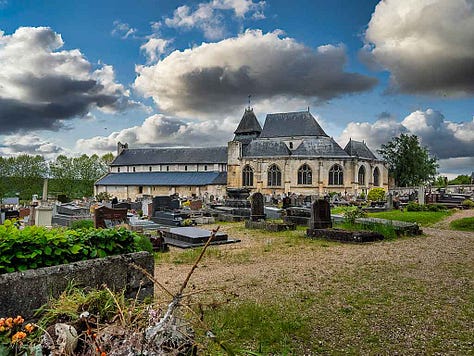
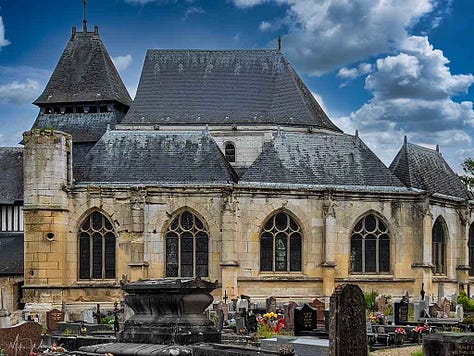
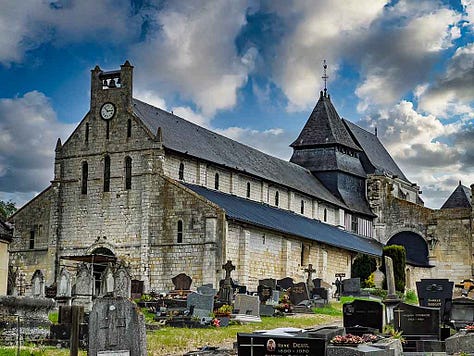
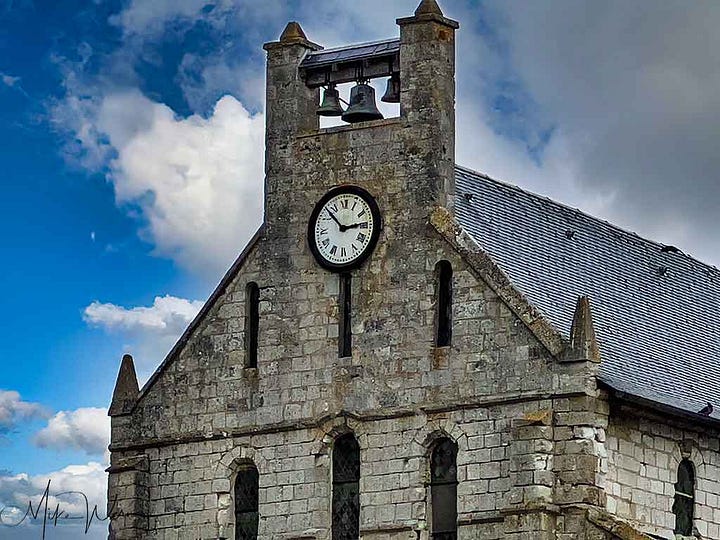
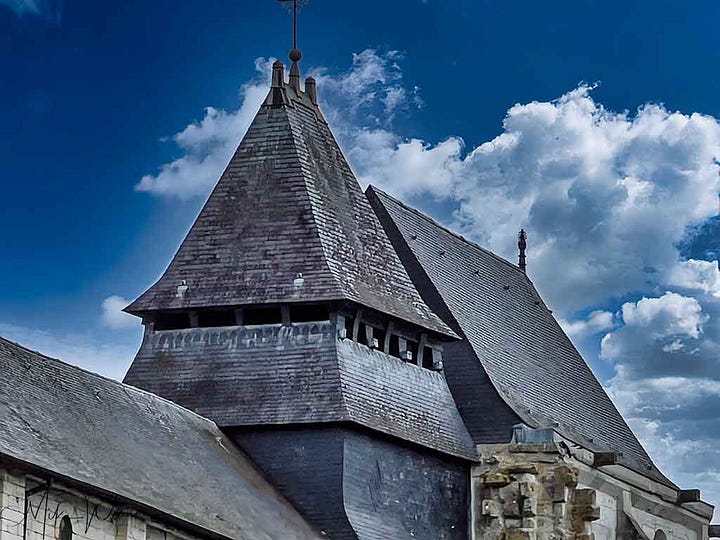
Architecturally, the village contains several historic buildings besides the abbey. The Church of Saint-Valentin, for instance, although modest, contains elements dating back several centuries. Some traditional Norman houses with timber framing and tiled or thatched roofs still survive, giving the village an authentic atmosphere.
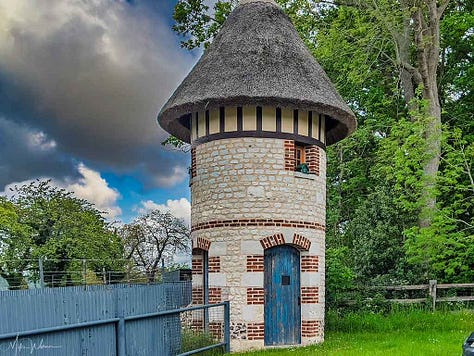
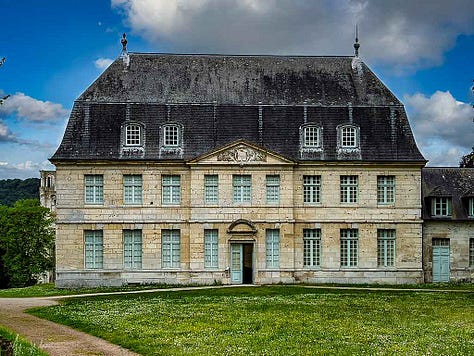

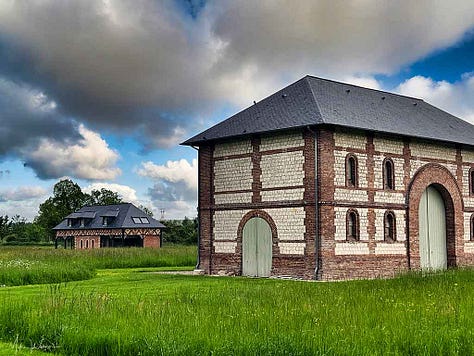

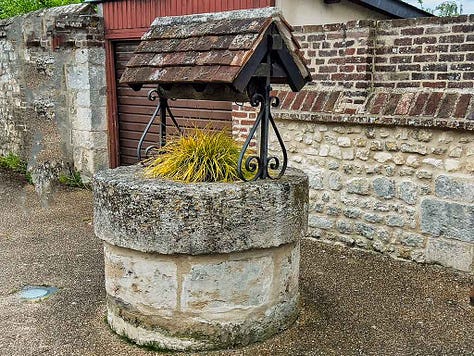


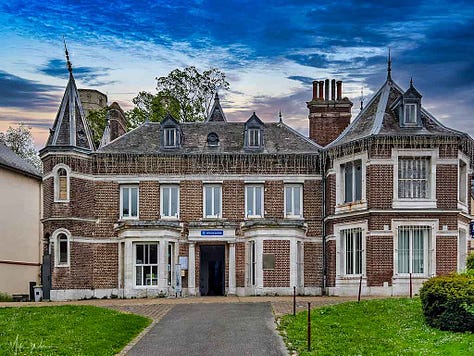
In recent decades, Jumièges has increasingly embraced tourism, while preserving its tranquil, rural character. The abbey ruins are a major draw, but visitors also come for walking trails, river views, and a general sense of stepping into a quieter world. The village hosts occasional cultural events, often linked to the abbey site, and has a few small cafes, a bakery, and accommodations like gîtes or guesthouses catering to visitors.
Despite its small size, Jumièges has retained a distinct identity rooted in its spiritual, historical, and natural heritage. It is a place where history, landscape, and the rhythms of rural life continue to coexist in a way that feels largely untouched by the haste of the modern world.




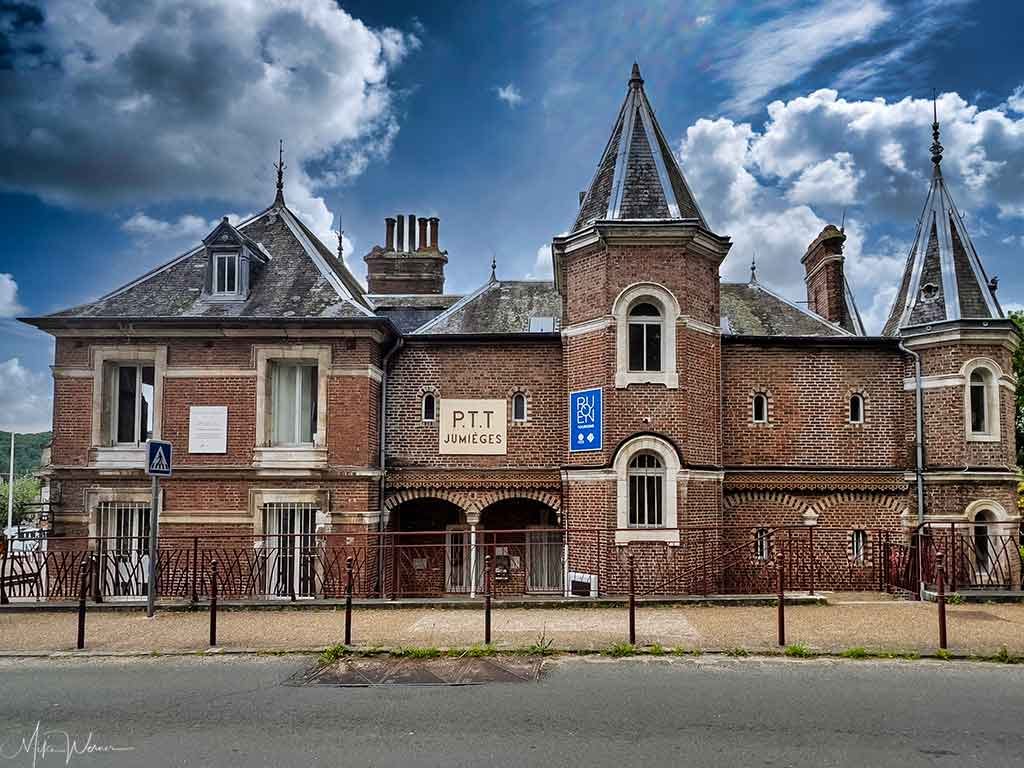
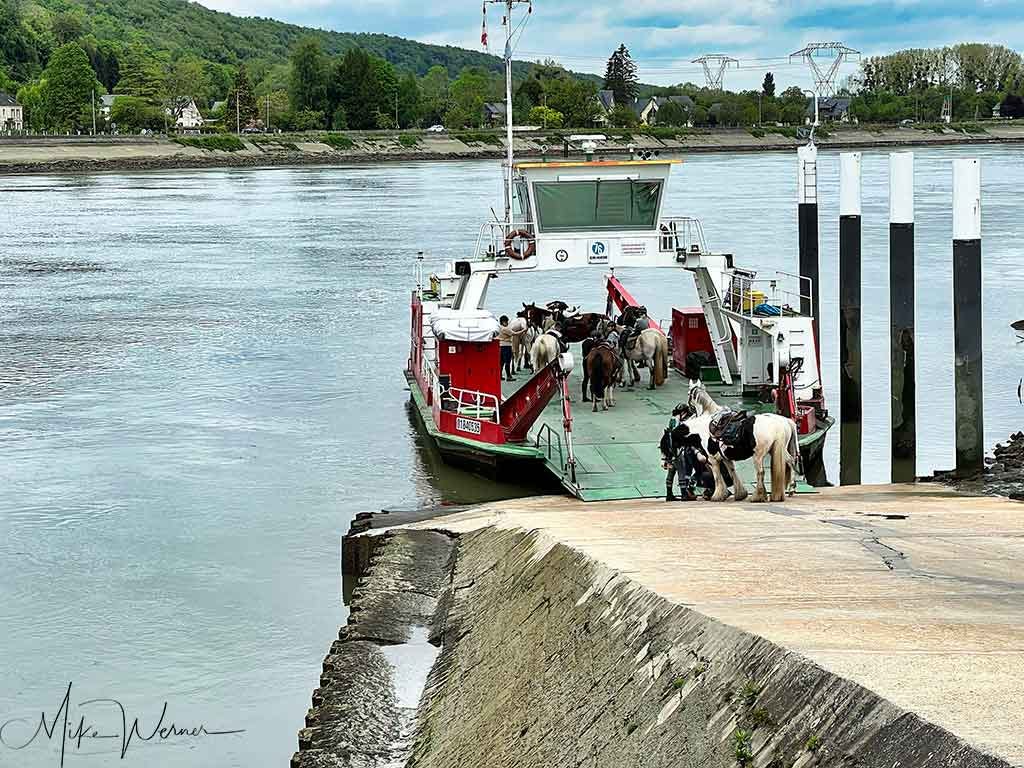

A lovely visit, as always.